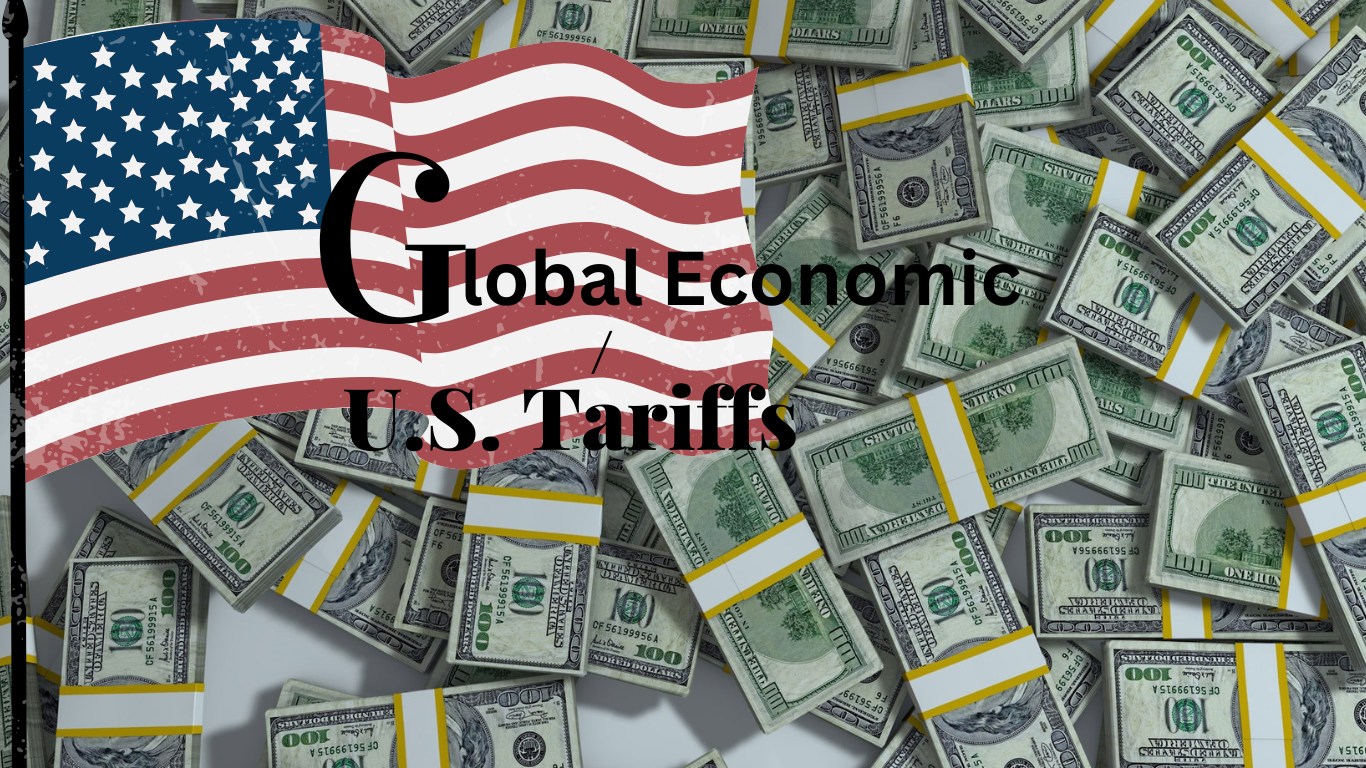The global economy faces increasing uncertainty as the U.S. proposes new tariffs on a variety of goods and industries. These tariffs, which aim to bolster domestic production, are raising concerns across international markets. The proposed changes threaten trade relations, disrupt supply chains, and could hamper economic growth. This article breaks down the potential effects of these tariffs, their broader implications for global trade, and potential solutions to minimize the risk of economic instability.
1. Impact on International Trade
Proposed tariffs could provoke retaliatory actions from other countries, potentially igniting trade wars that could disrupt international commerce. With higher tariffs on imports, goods will become more expensive, impacting businesses and consumers alike on a global scale.
2. Supply Chain Disruptions
Industries that depend on global supply chains—particularly sectors like automotive and technology—could face increased operational costs and significant delays. Companies may be forced to find alternative suppliers or relocate production, which could lead to inefficiencies and higher costs for consumers.
3. Inflation and Consumer Prices
When tariffs are imposed, prices for imported goods often rise, contributing to inflation. As production costs increase, businesses pass on these costs to consumers, ultimately eroding purchasing power and slowing down overall economic growth.
4. Impact on Employment
While the intent behind tariffs is to safeguard domestic jobs, they can also result in job losses in industries reliant on imported materials. Companies facing rising production costs may cut jobs or relocate operations to lower-cost regions, which can ultimately have a negative impact on the job market.
5. Market Volatility and Investor Confidence
The uncertainty created by fluctuating trade policies can lead to market volatility, negatively impacting stock prices and investor confidence. With the economic landscape becoming more unpredictable, businesses may delay investments or expansion plans.
6. Effects on Small Businesses
Small businesses, especially those dependent on imported goods or global trade relationships, are more vulnerable to the impacts of tariffs. Unlike larger corporations, these smaller enterprises typically lack the resources to adjust quickly to changing trade policies.
7. Geopolitical Tensions
Tariffs can escalate diplomatic tensions between countries, leading to a broader geopolitical conflict. The imposition of countermeasures could strain international cooperation and negatively affect global economic stability.
8. Potential Benefits of Tariffs
Despite the numerous challenges posed by tariffs, they may present opportunities for domestic industries. By reducing dependence on foreign imports, tariffs could encourage local manufacturing and create new job opportunities—if implemented with strategic planning.
Why Are These Issues Important?
The proposed U.S. tariffs introduce significant uncertainty, with the potential to disrupt global markets, impact industries, and affect everyday consumers. Understanding these potential ramifications is crucial for policymakers, businesses, and individuals to make informed decisions in a time of economic volatility.
What Can Be Done?
- Strengthening trade negotiations to avert escalating tensions
- Diversifying supply chains to reduce dependence on specific markets
- Introducing policies aimed at minimizing negative economic impacts
- Encouraging businesses to bolster domestic production while maintaining global trade partnerships
FAQs About Global Economic Uncertainty Due to Proposed U.S. Tariffs
1. How do tariffs affect international trade?
Tariffs increase the cost of imports, leading to trade disputes and potentially reducing global trade.
2. Will tariffs make products more expensive for consumers?
Yes, tariffs often lead to higher prices as businesses pass on the increased costs to consumers.
3. How do tariffs impact employment in the U.S.?
While tariffs are designed to protect domestic jobs, they can also result in job losses in industries that rely on imported materials.
4. Can tariffs boost the U.S. economy?
If strategically implemented, tariffs can encourage domestic manufacturing and reduce reliance on imports, benefiting certain industries.
5. How do tariffs influence stock markets?
Market uncertainty due to tariffs can cause stock price fluctuations and dampen investor confidence.
6. What industries are most affected by tariffs?
Industries that rely on global supply chains, such as automotive, technology, and manufacturing, are among the hardest hit.
7. Do tariffs lead to inflation?
Yes, higher tariffs can contribute to inflation by increasing the cost of goods and services.
8. How can small businesses cope with tariff impacts?
Small businesses can explore alternative suppliers, adjust pricing strategies, and advocate for favorable trade policies to mitigate the impact.
9. What role does government policy play in trade uncertainty?
Government trade policies significantly influence economic stability by shaping trade relations and business decisions.
10. How can global economies adapt to tariff changes?
Diversifying trade partners, investing in domestic industries, and negotiating fair trade agreements can help economies adapt to the shifting landscape.
Conclusion
Proposed U.S. tariffs introduce significant global economic uncertainty, affecting businesses, consumers, and trade relations. While there are potential benefits, such as boosting domestic industries, these tariffs also come with risks—namely inflation, job losses, and market instability. Collaborative efforts between governments and businesses are crucial to developing trade policies that foster economic growth while mitigating adverse impacts.


Leave a Reply
You must be logged in to post a comment.